#ancient worms
Text

Agent @royalavera’s artistic rendering of Stolle’s ancient worms
61 notes
·
View notes
Text
nature what the FUCK!?!??!?
THEY JUST SAT THERE FOR 46000 YEARS, ALIVE, AND THEN WENT ON WITH LIFE AS IF NOTHING HAPPENED????
2 notes
·
View notes
Text
623 notes
·
View notes
Text

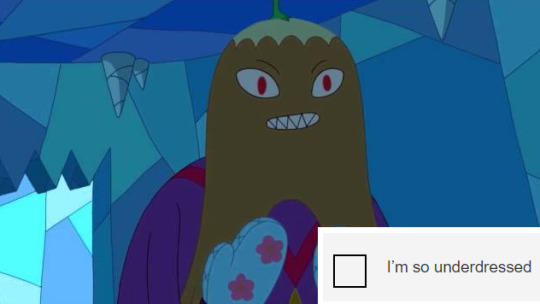

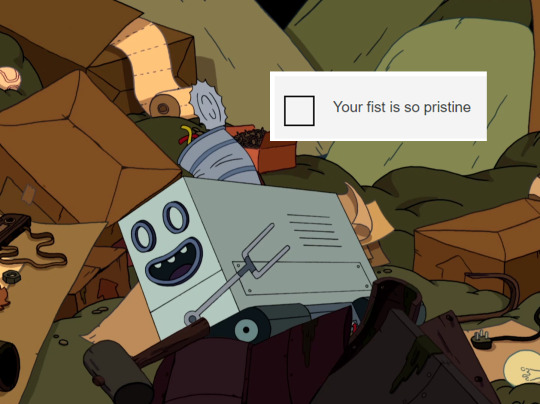
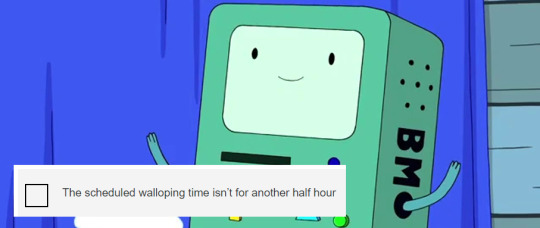
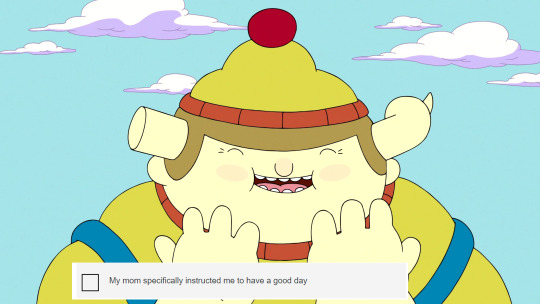

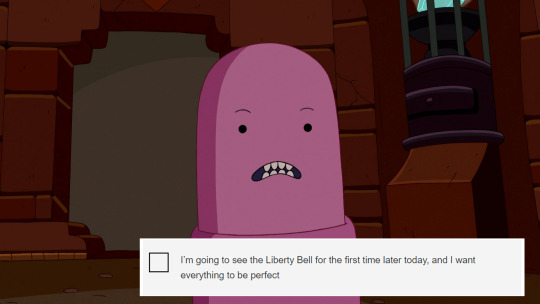



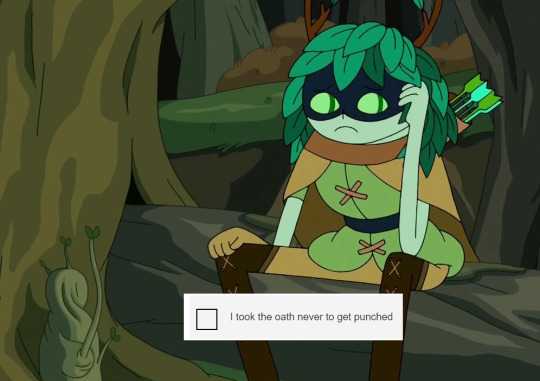
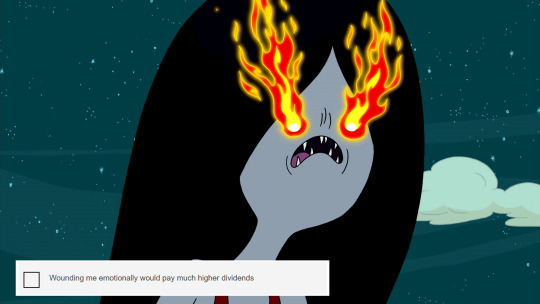
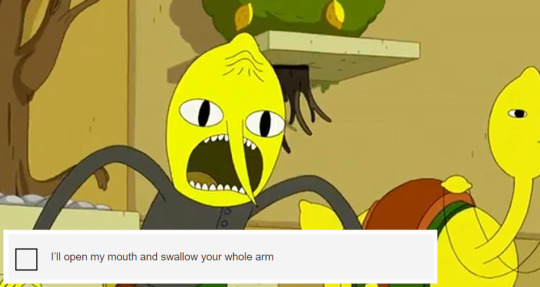




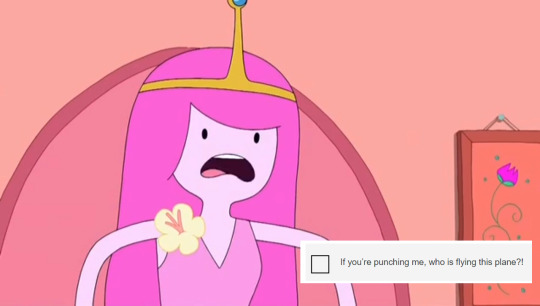

#adventure time#adventure time with finn and jake#atimers#Ancient Sleeping Magi of Life Giving#Life Giving Magus#Martin Mertens#NEPTR#BMO#adventure time bmo#Sweet P#lady rainicorn#Shelby#shelby the worm#Shelby Butterson#Shelby the Worm Who Lives in Jake's Viola#finn the human#jake the dog#huntress wizard#finn mertens#marceline#marceline the vampire queen#marceline abadeer#lemongrab#the earl of lemongrab#cinnamon bun#lumpy space princess#lsp#fern the human#adventure time lsp#tree trunks
1K notes
·
View notes
Text
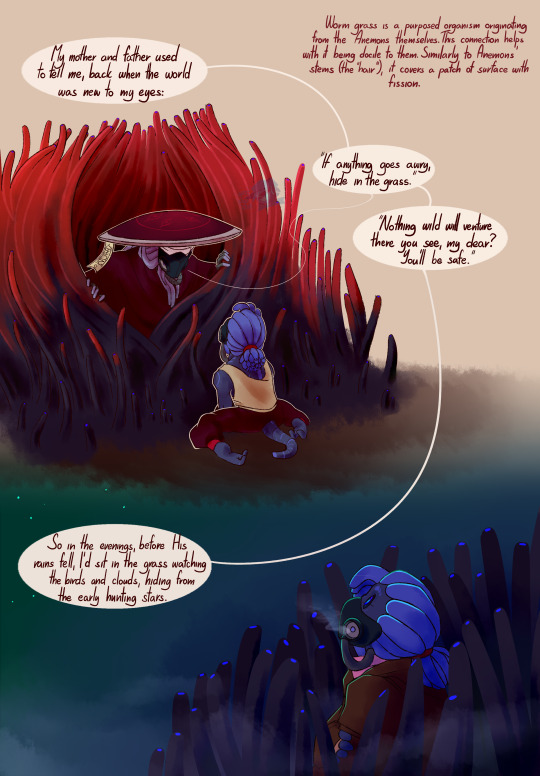
day 10
bonus:
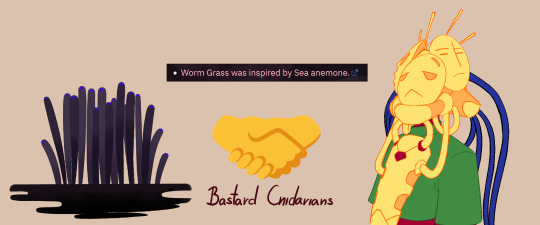
#rw#rw art month#rain world#rw ancients#oc tag#oc: three sparrows#philosophy sessions au#my art#'dad of the worm grass what is your wisdom' - 6 year old 'Row#girl you are just Saying Words. gotta draw the mural ancients one day they have Lore in PhS au
218 notes
·
View notes
Text

#rainworld#rain world fanart#rain world downpour#rain world art#rain world ancients#rain world void worm#rain world game
362 notes
·
View notes
Photo

New Campaign who dis 👀
((Yeah, it's witch boy Victoro yet again for me, lol, far from done with this lad, this time with a full reboot and clean(-ish) criminal record))
#vic visiting barovia yet again#together with savos nevermind#petrichor artz (phd) the druid and the worm man#orren the paladin#and bo'rah the bloodhunter#curse of strahd#she is the ancient#dnd#kooksart#sketches
1K notes
·
View notes
Text


Since I needed to log back into my very dusty dA account to opt out of the AI dataset training, I found some very old (2013-2014) Worm fanart that never got crossposted to tumblr.
#wormblr#taylor hebert#skitter#worm web serial#khepri#respice post te#fanart#augh it is SO OLD it hurts#ancient sins
157 notes
·
View notes
Text
'TIL a papyrus scroll indicates that, during the building of the tomb of Pharaoh Ramses III, the workers were upset about their treatment and, rather than discussing it with them, management served them a large meal.
'The workers didn't think that was enough so occupied the Valley of the Kings refusing entry to anyone until they were given a raise and "cosmetics" (research shows it was a form of sunscreen).
'So not only does workers organizing a strike and forming a picket line for better wages and workplace safety conditions date back TO THE FRIGGIN' BRONZE AGE, but also management has been trying to placate discontented workers with a pizza party.'
And then that went viral on Twitter and I got hammered with people trying to "Well ackshually" about my three-tweet-long thread on a thing I'd learned just that morning I turned into a joke about corporate pizza parties. So I decided to research and here's the entire story.
TL;DR: I was pretty much right except it'd be closer to say "donuts/cupcakes in the breakroom" rather than "pizza party".
The events took place sometime around 1157 BCE (specifically the 29th year of Ramses III’s reign) in the village of Deir el-Medina, a worker village for the people who worked on the built the tombs in the Valley of the Kings.
BTW, the site itself is fascinating as it was first excavated in 1922 and ended up being one of the most thoroughly documented accounts of community life in the ancient world and proved the builders of the Pyramids were middle-class skilled artisans and craftspeople, not slaves.
You also have to know that this era of history is around the start of what’s known as the Bronze Age Collapse. Some sort of environmental catastrophe happened that caused widespread crop failures across the ancient world.
Now what precisely happened is strongly debated, but generally several groups from elsewhere in Europe and Africa known as the “Sea People” attacked the ancient civilizations of the Mediterranean, which caused most of those cultures to collapse.
Also, commerce was a bit different as they were (oversimplified explanation) on the bread standard. Salaries were measured in values of beer and bread as the recipes for those were standardized and made up the basics of the diet.
So while common laborers would be paid in literal beer and bread, more highly-valued workers would be paid in an equivalent of a larger allotment of beer and bread. So they’d get paid “100 loaves a day” worth of oil or metal or coin representing the value.
Now, for our tale. This comes from the contemporary account of the scribe Amennakhte. If anyone wants to read along, a photo of the scroll along with a translation is available to read for free at https://libcom.org/article/records-strike-egypt-under-ramses-iii-c1157bce
On Year 29, Second Month of Winter, Day 10, a group of workers walked past the guards and sat at the Temple of Menkheperre stating it had been 18 days since they’d last been paid, staying the night in the tomb saying “We have matters of Pharaoh”.
The following day, a scribe brought the workers 55 “s'b-cakes”. So yes, a “pizza party”. I can’t find any reference to what this is precisely other than “fine bread” that was worth more than a large loaf of standard bread.
Seriously, I wasted an hour of my life trying to figure out what “s'b-cakes” are exactly so if anyone knows please tell me.
Anyway, it didn’t work and there was “quarrelling” at the temple of Ramses II. The translations says “chief of police” which doesn’t seem quite right but I’ll go with it, but anyway he said he’d fetch the mayor of Thebes.
The mayor claimed they didn’t have enough to pay. The workers responded by saying “The prospect of hunger and thirst has driven us to this. There is no clothing, there is no ointment*, there is no fish, there are no vegetables.”
They then said to go tell it to the Pharoah directly. On Day 12 (the day following the “quarrelling”), they were given their ration they were due during the previous month (basically, they got their back pay). It was 21 days late.
Side note: I got some pushback by an “Egyptologist” for calling the “ointment” a type of sunscreen and…yes, it was. Some translations mark this as “cosmetics” but it was a medicinal balm used to prevent and treat sunburn. What the hell else would you call it?
So Day 13 (the fourth day of the strikes) and Mentmose, the “chief of police”, apparently took a side. He told the workers to lock down the work site and continue their protests, and that he’d lead them to the temple to continue the sit in.
His words (recorded by Amennakhte): “I’ll tell you my opinion. Go up, gather your tools, close your doors, fetch your families, and I’ll lead you to the temple of Seti I and let you settle down there.”
At this point, the tax master Ptahemheb came out to talk to them making a list of all the things they demanded. On Day 15 (sixth day of the strike), they tried another “pizza party” with half a sack of barley and a jar of beer for each worker.
Amennakhte doesn’t say what their response was exactly, but does say that the workers brought torches so they could continue the protest in the dark. So I take it the response wasn’t good.
Day 17 (eighth day of the strike), the head of the temple came out and asked what demands to bring to the Pharoah for them. And they gave a detailed list of what precise wages they wanted for each of the workers.
On that day, they were given what they asked for in rations for the second month of winter. They may have also been paid early as they should have been paid on the 21st or 28th day depending on the source.
So we’re now in the third month of winter (no exact date written) and they’re still striking. Worker Mose said basically “As Amun as my witness if you drag me away I will come back and start robbing the tombs.” I couldn’t fit the whole thing in one tweet.
Reshpetref, the proctor, said “We will not come back, you can tell your superiors that. For sure, it is not because of hunger that we strike, but we have a serious charge to make. Something bad has been done in this place of the Pharoah”.
We’re on the fourth month of winter now, Day 28 (so over three months of striking now) before the Vizier shows up. This is the government official that handles day-to-day business and is second only to the Pharoah.
He says he just got promoted so isn’t authorized to give them their wages (at least partially true, he’d just been promoted five days prior) and even if he could, there was nothing in the granaries to pay them with.
The granaries may have been empty because of the other issues going on with the Bronze Age Collapse or it may have just been the rampant corruption speculated of the government of the era, or he may have been lying.
On the first month of summer Day 2, the crew got two sacks of grain as their ration (they’d demanded 5 ½ sacks each). The foreman Khonsu told them accept it, then go down to the market and tell the Vizier’s children about it.
Amennakhte (who again, is writing this scroll) stopped them and said NOT to go to the market since they’d been paid and if they did, he’d have to have them arrested. He doesn’t mention they were only paid a third of what they were owed.
First month of summer, Day 13, passes the guard post saying “We are hungry” and continued their sit in. They shouted at the mayor of Thebes as he passed, who then got them 50 sacks of grain to tide them over until Pharoah paid them.
That’s the end of this particular scroll, but there’s evidence that strikes continued throughout the reign of Ramses III as there are records of more workers being hired to transport food and supplies to the workers.
The scroll also leaves out some of what happened in between dates. For example, it wasn’t one single long strike, but a series of them. After they were paid their wages the first time, the workers went back to work.
However, they were told that was their pay for the third month of winter and not the second so they wouldn’t be getting paid again, sparking the second strike that lasted into summer.
There’s also a big deal in Egyptian culture at the time called “Ma’at” or basically “The Order of Things”. Nobody had any idea what to do with the striking workers because workers weren’t supposed to strike. They were supposed to work.
Sure, they were treated well and the village of Deir el-Medina lived at what could be called middle-class standards for the time period, but they weren’t supposed to rebel against their betters in this way. It was unthinkable.
There was also a big festival coming up to celebrate the 30th year of the reign of Ramses III and a lot of the government officials were focused on that, more concerned with maintaining order than actually managing the country.
I should also note I paint Amennakhte as on the side of the government rather than the workers when the opposite was likely the case. The strike wasn’t recorded in the official government records as Egypt tended to cover up their losses.
That said, we do have some records like those of Amennakhte showing that, once the workers realized they had the power to organize, they used it all the way through the New Kingdom.
The last entry on the scroll doesn’t directly involve the strike, but is related. On the first month of summer, Day 16, one of the workmen provided evidence that government officials were stealing from the tombs.
One of them, Weserhat, was one of the ministers who shorted the workers payment previously. The other, Pentaweret, may be the son of Ramses III at the center of the “Harem Conspiracy”, an assassination plot that took place between 1 to 3 years later.
In summary, the workers were unpaid due to corruption and management enriching themselves, they went on strike, management threw them a pizza party, that didn’t work, and they eventually got their demands.
Though I guess if you want to be completely accurate, it was more “donuts/cupcakes in the breakroom”…
#egypt#ramses iii#ramesses iii#labor rights#strike#pizza party#donuts in the breakroom#union#union strong#Also before anyone says this is Ramses III not the Pharaoh of Exodus#That was Ramses II almost a century earlier and a completely different dynasty#Not going to open the can of worms that is archeological evidence (or lack thereof) supporting biblical accounts of history#But either way the events are unrelated as they were 70-100 years after Exodus would have been#ancient egypt#ancient history
648 notes
·
View notes
Text

Thought I might do this-
#art#my art#artists on tumblr#doodle#fanart#uhhhhh prepare for the tag spam also don't yell at me-#rain world#rw#rw iterator#rw slugcat#rw rivulet#seven red suns#srs#rw gourmand#rw scavenger#rw void worm#rw ancients#rw echo#rw worm grass#rw white lizard#rw raindeer#rw saint#five pebbles#fp#no significant harassment#nsh#looks to the moon#lttm#sliver of straw#sos
138 notes
·
View notes
Text
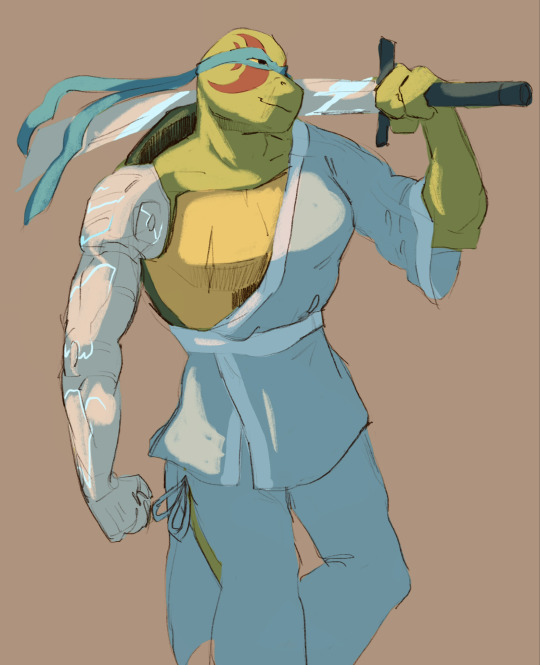
Everyone's favorite battle nexus champ
#rottmnt#rise of the tmnt#tmnt#rise of the teenage mutant ninja turtles#rise leo#rise leonardo#leonardo#tmnt leo#leonardo tmnt#tmnt leonardo#mnmc#mutant ninja midlife crisis#this is ANCIENT but i never posted it so im posting it now#needed to space out . my insanity#the worm that took iver ny brain
423 notes
·
View notes
Text
It has been reported that jeverney stille has sustained an injury during a recent excavation under the majestic theater. one anonymous report indicates the injury appears to be a bite mark, though reports differ on that. We wish him a speedy recovery.
8 notes
·
View notes
Text
as the holidays come to a close, i'm left to wonder....
how does religion work in the pjo universe?
#pjo#percy jackson#percy jackon and the olympians#percy series#pjo series#pjo tv show#pjo hoo toa#pjo fandom#percy pjo#annabeth pjo#like i know rick riordan is a white goyische man#so he probably didn't think this through and just assumed that they all celebrated Christmas culturally#but how does religion play in the pjo universe#even if you're like christian do you just leave religion when you come to camp#like i understand that most kids are pretty irreligious and probably won't care about leaving religion#but as someone who went to religious school there's at least one kid who is devout as fuck and'll just keep practicing#also like plenty of religions practiced today are the same age as the ancient greek religion- ex. judaism and hinduism#how does that clash work-there were exchanges of jewish and hindu culture in the ancient greek era so it's safe to assume jewish and hindu#half-bloods would exist#also on the hindu can of worms- we are also a polytheistic religion#does belief in that renounce any connection to the greek gods#also the comedic potential of the clash in SO underutilized#i can see luke at some point just scraping the food into the hermes fire saying 'accept my offering- o g-d who is NOT greek'#or some other camper reciting the brahmarpanam or offering Du'a while offering food to the gods#you can't tell me at least one kid yelled up at the sky 'well i'm converting now! fuck you dad!'
91 notes
·
View notes
Text

Stellar serpents are gigantic creatures born at the dawn of times, from the larvae formed from the premordial energies, in a flow of which the first stars were formed. They dwell in the depths of the stars, consuming their mass to Procreate, and than feed on eachother. Their appearance, is dependent on the cycle their star being in. Azul lurkers, leave in a Blue Giants, Neutron serpents, in a highly pressurised in ironments of a neutron ones, and the crimson lanterns, floating in a coronal mass of a red dwarves. One of the most interesting types of the stellar serpents, are Chromaric Apostles, which are not usually leaving inside of the stars but in a waste of space, traveling from system to system by a wormholes…
On a topic of their “biology” if it can be called so, including the fact of how alien this life form is, they are basically gigantic – some reaching the lengths of the Sun’s radius, nuclear reactors, made out of pressurised gas and plasma. They can survive the temperatures, probably no corporeal in the universe is able to withstand, and they live for the hundreds millions of years – at least the ones, which were not consumed, by other – larger serpents.
Some could say they are gods – and, I can agree with them. Despite lacking conventional consciousness, they can be considered a possessors of godlike powers – they are manifestation of a celestial bodies themselves – Star sprites if you wish. And as long as the last one them havent died with the last star in existence burning out, leaving the universe in the darkness, and cold the cosmos itself will be alive…
#song of eons#space worms#worm#critters#speculative biology#speculative anatomy#worldbuilding#speculative worldbuilding#fantasy worldbuilding#sci-fi worldbuilding#psychadelid#illustration#fantasy universe#fantasy world#science fiction#creature design#alien#ancient aliens#oh god I want to eat them
139 notes
·
View notes
Text
Was doing my second playthrough of cotl when i encountered Haro and I realised something about the dialogue that I hadn't originally.
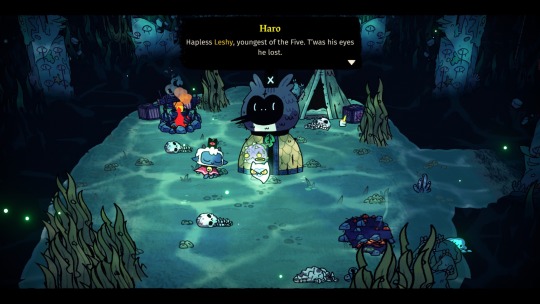
This is an interesting choice of words. The others are described with adjectives delineating their personality: "temperamental", "cowardly", and "brightest". Given what we see and hear from them in our encounters I would even say that these words are the pillars of their characters, their singular most identifiable traits (that don't relate to their domains).
But hapless? I don't feel like our encounters with Leshy really get this idea across to us, and I suppose how could they from dialogue alone? To save anyone who doesn't know from a trip to google, hapless means unfortunate, or unlucky. My first thought was that this could be referring to how Leshy, generally speaking, is the first to die in a playthrough... but I also feel as though that would be an odd contrast to the adjectives we get for the other bishops - surely dying first alone wouldn't warrant Leshy's entire character to be distilled into "hapless". I'm also not sure if you even need to have defeated Leshy to get this dialogue from Haro either (I don't really feel like checking), which would render that point null.
I feel like this is alluding to something in his character that we don't actually know about yet, or maybe we will never know about. Does it allude to the order in which Narinder maimed the other bishops (could be, Leshy's dialogue about trusting 'the chained one' is... interesting depending on how you choose to read into it)? Or is it something else entirely?
Am I overthinking this? Definitely. Am I going to take this tidbit of dialogue and absolutely fucking Sprint with it for my headcanons? yes, yes i am
#there is not a singular waking moment that i do not spend thinking about this stupid leaf worm#me when i spend 30 mins overanalysing a SINGULAR WORD instead of getting ready for bed#cotl spoilers#cult of the lamb#leshy cotl#cotl theory#writings of the fanatic#i'm making that my cotl text tag#seems fitting#it's the name of the ost that plays in the ancient tablet rooms in case reference wasn't clear lol
23 notes
·
View notes
Text
Ankha from Animal Crossing summoned a giant worm in ancient Egypt.
348 notes
·
View notes